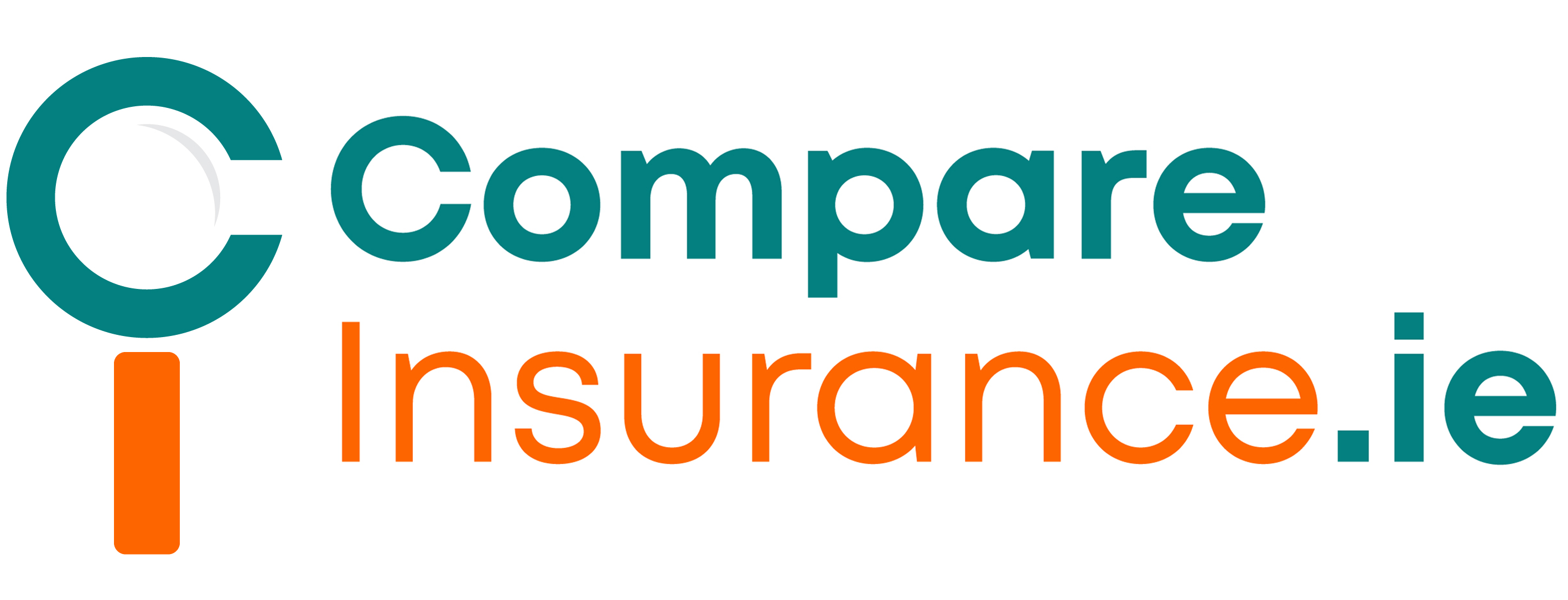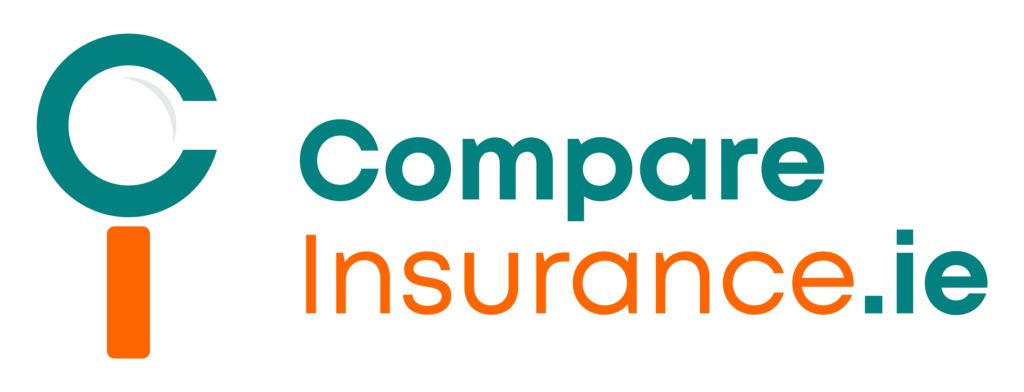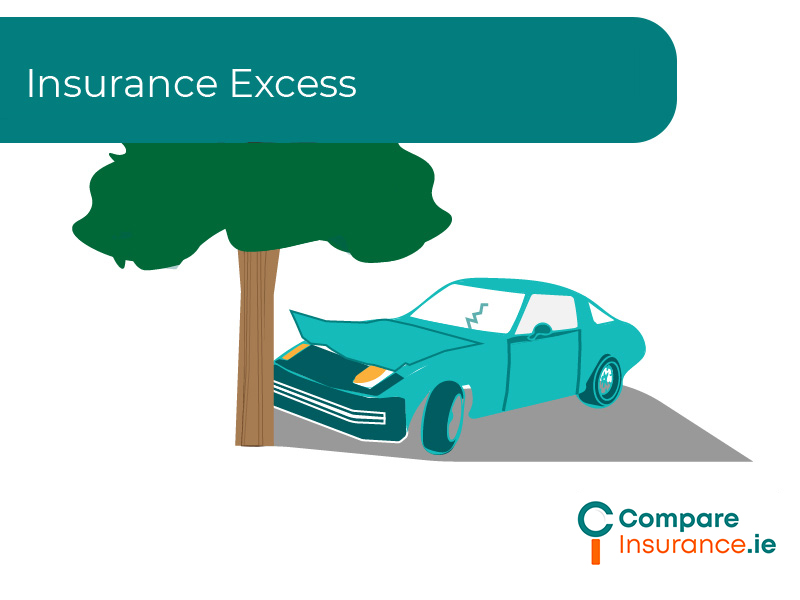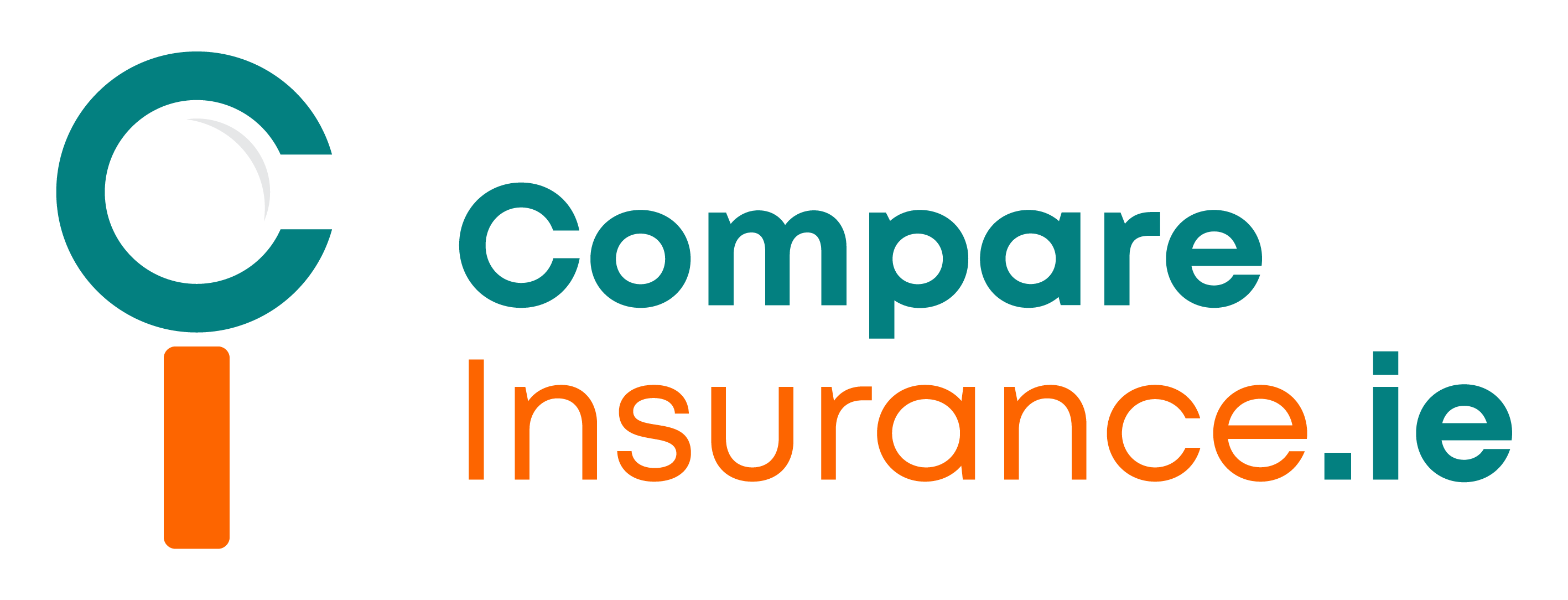Insurance excess is a term that is heard often in terms of insurance but it is not always understood.Your insurance excess is, essentially, the amount you have to pay out of pocket before you can receive benefit from your insurance.
For example, if you had an accident while driving and your car needed repairs, you would first pay the amount of the excess, then your insurer would pay the balance of the cost of repairs.
Table of Content
What is insurance excess?
An insurance excess is the amount of money that you will have to pay yourself before your insurer will pay any benefit.It will need to be paid before you receive any benefit from your insurer.
It is a feature of almost all insurance policies except life insurance, so if you are not aware of the excess that applies to any of the insurance policies you already have, it would be wise to look at their small print!
What types of insurance have excess?
Almost all forms of insurance will include an excess, except life insurance.The types of insurance that feature an excess may include:
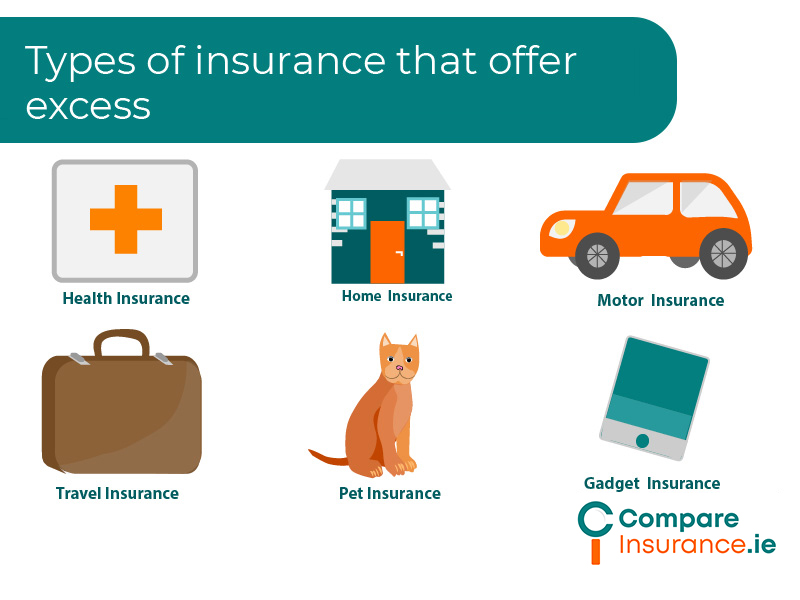
Why is there an excess on insurance?
An excess on your insurance policy makes insurance more affordable as it reduces the amount an insurer has to pay out in the event of a claim.More comprehensive or higher end insurance products may have lower excesses but their premiums will reflect this.
An excess may also be a way for insurers to protect themselves from fraudulent or false claims, or from customers making numerous low cost claims as the customer has to pay the excess, often towards each claim they make.This makes insurance more affordable for everyone.
Do I pay an excess every time I claim on my insurance?
The excess on your insurance policy may need to be paid per claim.This means that you will have to pay the excess amount each time you make a claim.
In other instances the excess may be per period of insurance (usually per year), where you would pay the excess if you needed to claim during the year, then if you needed to make another claim in the same year you could claim without paying another excess.
The excess per claim may also vary within the same insurance policy.For example, in home insurance there may be a standard excess of €300, a higher excess of €700 for claims for escape of water and an excess of €2,000 for subsidence claims.
Voluntary & Compulsory Excess
When you receive a quote for your insurance, it will include an excess amount. If you are unsure what the excess is on any insurance policy, it is wise to check.
Your insurance excess may be higher if you have previous claims eg. car insurance or home insurance and it may be a way to obtain more affordable insurance where you are running into difficulties in obtaining cover.
Compulsory Excess
A compulsory excess applies where your insurer sets this amount as the lowest amount you can pay. This figure can be based on the risk that you present to the insurer.
For example, young or inexperienced drivers usually face high excess when purchasing car insurance.
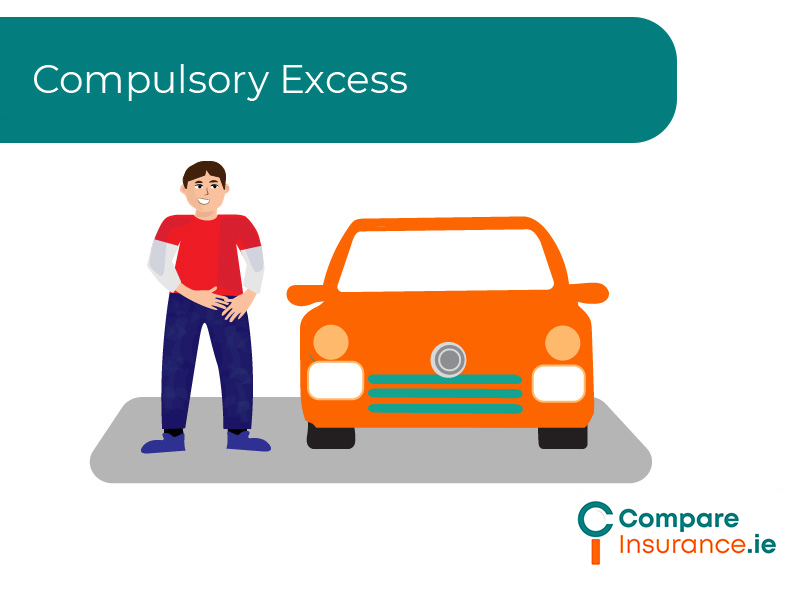
Voluntary Excess
A voluntary excess is any amount that you choose to pay above the compulsory excess.This should, in theory, mean that you pay lower premiums for your insurance.
It is really important to remember, however, that you will have to pay this excess out of your own pocket, often each time you make a claim, so it needs to be an amount you can actually afford.
There is no point in setting an excess of €1,000 on car insurance, for example, to pay a slightly lower premium each month if you will not actually be able to afford €1,000 towards a claim in the event of an accident.
Do you choose how much excess you have?
You will not be able to choose the level at which your compulsory excess is set by your insurer.
This is based on the risk you are perceived as representing to the insurer.
You may be able to find an insurer who can offer you a policy with a lower excess by shopping around and this is always worthwhile.
If you feel that you are less likely to claim on your insurance or you are comfortable with paying out a higher amount before being covered by your insurance, then taking out a higher voluntary excess may make sense for you.
Beware of being overly optimistic though, accidents do happen, or you may need to claim on your insurance more than once, so be sure you could afford to pay the excess/es should you need to.
Example of how insurance excess works:
Health insurance is an example of insurance where you may have an excess per claim and an excess per year within the same policy.
A health insurance policy may have an inpatient excess of €100.
This would need to be paid each time you are admitted to hospital (not per night) so if you are admitted to hospital three times in a year, you will pay three excesses (€300).
You may also, within the same policy, have an excess of €250 on outpatient visits.
So if you saw a consultant several times over the year, you would first pay €250 towards your consultant fees yourself and then receive benefit for any charges above this amount from your health insurance.
You would, in effect, need to surpass the excess to receive any benefit.
When is excess paid?
You must pay the insurance excess at the outset of any claim before you can receive any benefit from your insurance policy.Where you pay the excess initially, then your insurer will pay the balance up to any limit of indemnity or the maximum amount of cover.
Bear in mind that you may have to pay the excess even if you are not at fault in an accident, your insurer may later recover this amount for you in settling the claim with the other party.
Get a quote for insurance today!
If you review your insurance policies and would like to switch or look at policies with different levels of insurance excess, we can assist and advise you on the best insurance cover for you.
We compare quotes from different insurers to get you the best prices for insurance on the Irish market today, whatever you are looking for.

Author: Séamus Ó Doirín | Chief Insurance Editor
Séamus Ó Doirín is a Donegal based QFA who has been writing about insurance since 2020. His main focus is getting people the best value for insurance in the Irish market. His writing covers all areas of insurance and is a valuable part of the Compare Insurance team.
